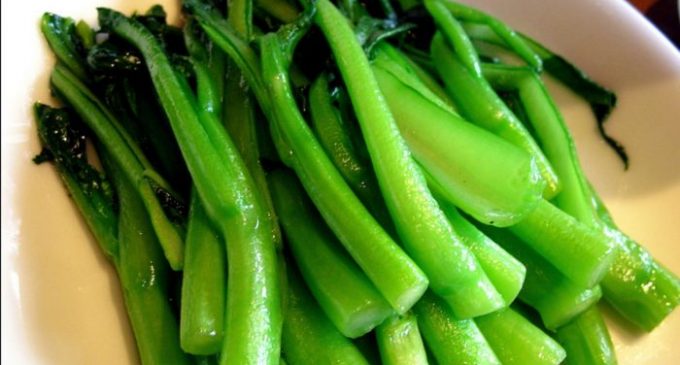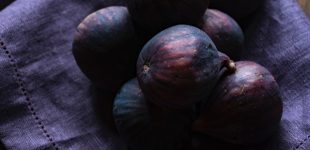
Vegetables are a vital part of a healthy diet however after reading up on their preparation I am convinced that I have been removing any and all nutrients from them when I cook.
As we know, vegetables are great for our bodies because they are rich in vitamins, minerals, antioxidants and fibre. However, it is important to remember that certain cooking methods can be better for your veggies than others. It is also important to remember that no one way of cooking is perfect, as each method has its own set of pros and cons.
Boiling
While this method hasn't really been my go to I still use it often enough to be surprised by this finding.
Boiling can cause them to lose some of their nutrients, particularly water soluble vitamins (vitamins B and C). These vitamins are quite unstable when exposed to high temperatures and will sometimes leach out into the cooking water, which is the part that we generally tip down the sink! There have been several studies that have shown that boiling causes the biggest loss of Vitamin C when compared to other cooking methods.
So how do we fix this? Obviously, we won't completely stop boiling our veggies so what do we do?
Try and use as little water as possible as you do not need a whole saucepan filled with water just to cook a few green beans! You should avoid over boiling as that is a common way to decrease the nutrients of your vegetables, so be mindful of how long you are cooking them for. To get tastier more nutrient-rich (boiled) vegetables, I recommend separating them into vegetable categories and only allowing them to boil for a few minutes each before taking them off of the heat.
Steaming
Now, this is my preferred method of preparing vegetables. I love the taste and texture that comes out of this process. I always thought that this was by far the best method and apparently I was correct, well, sort of.
Research shows that steaming generally results in the least amount of nutrient (particularly vitamin C) loss than all other cooking methods. However, like boiling, the amount of nutrients lost can be increased when they are overcooked. To avoid this, steam your vegetables until they are bright and “tender crisp” (cooked, but still have a small amount of crunch).
Frying
Ahh, the favorite of southern people everywhere. Just give me fried stuff with cheese and I am good to go! Of course, as you can imagine this is not the best thing for your health, at least not in mass quantities.
With frying, it is really important to understand the different ways that you could fry. Deep frying your vegetables in unhealthy oil may not necessarily be the healthiest option because it can dramatically increase the fat and calorie content, especially because these foods are generally coated in breadcrumbs or batter.
Research has shown that frying may help to maintain the nutrient content of some vegetables because it doesn’t expose them to high heat for long periods of time. Frying your vegetables with a small amount of oil can be great way to add flavour to your veggies, especially when you add herbs and spices to the mix! Just remember to to use an oil that has a high smoke point.
Too bad they didn't say to cover them in cheese….that would have just been too good to be true.
Microwaving
Ahh, the microwave, the best invention to busy schedules everywhere.
With microwaving, you generally use less water and cook your vegetables for much less time. When you steam or fry your food it transfers the heat from outside in, but a microwave causes water within the food to vibrate, causing it to heat up. This process may cause nutrients, particularly water-soluble vitamins and antioxidants, to be lost.
In reading all of this I have come to the conclusion that there are always pros and cons to everything and every method has its con's. So, in my opinion, be proud of the fact that you're eating veggies and lighten up on trying to find the perfect method for everything….unless you're willing to eat them raw all the time, there will be something that rips some of the nutrients from them.
Source: Kayla


I <3 ?
Me 2